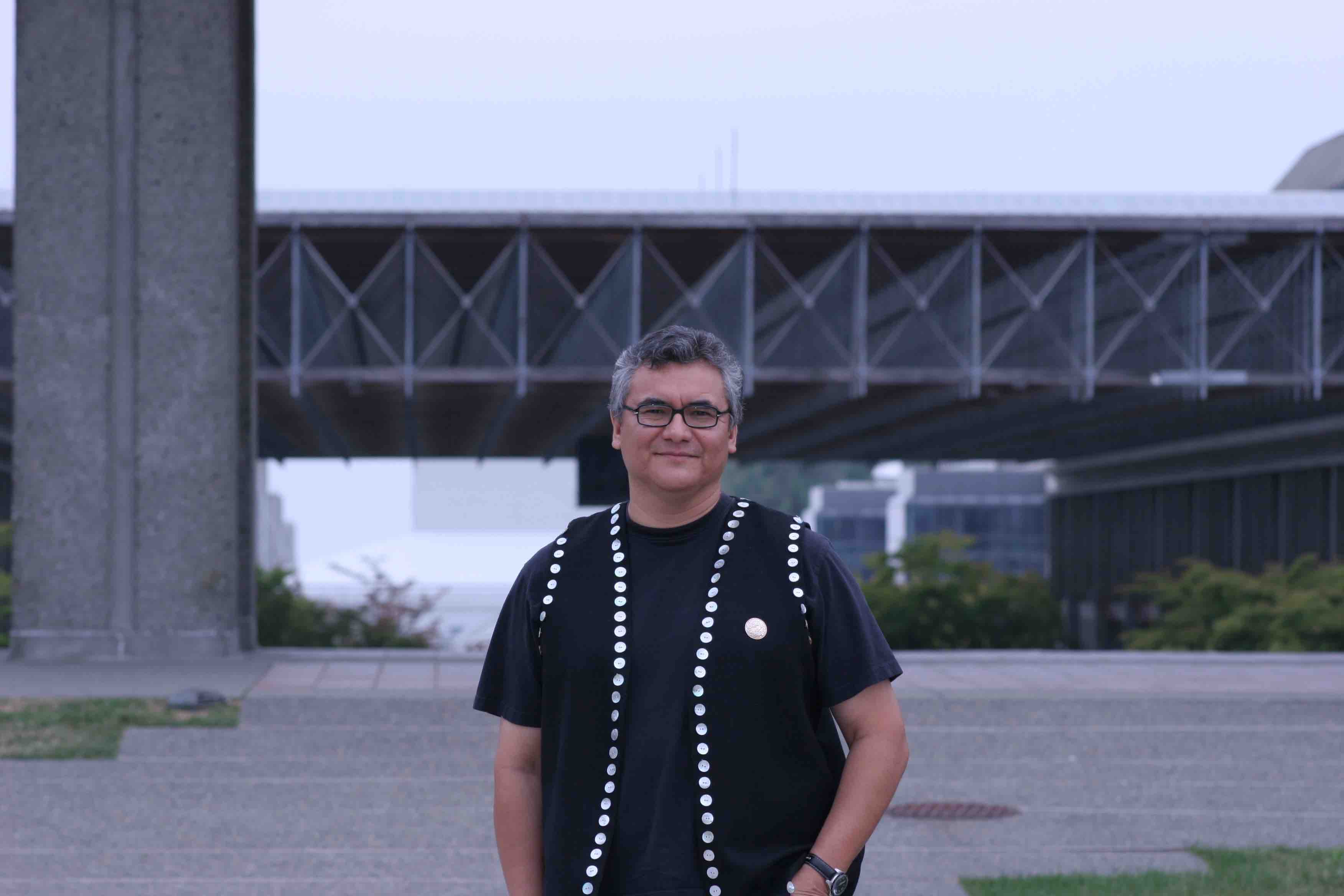Indigenous Directions Leadership Group to release action plan in winter.
Concordia University has appointed two new senior administrative positions following the recommendation of the Indigenous Directions Leadership Group (IDLG).
From Simon Fraser University (SFU), William Lindsay will start his role on Jan. 3 as the first senior director of Indigenous Directions. Concordia’s own Research Chair in Indigenous Art History and Community Engagement, Heather Igloliorte, is the new special advisor to the provost on Advancing Indigenous Knowledges.
Although the IDLG’s final report and recommendations are only expected in the winter semester, the group made an early recommendation to create these new positions, according to the university’s spokesperson, Mary-Jo Barr. The group’s mandate is “to explore, identify and recommend priority areas in which Concordia can improve its responsiveness to the Truth and Reconciliation’s (TRC) Principles for Reconciliation and Calls to Action,” according to Barr.
Lindsay is currently wrapping up his position as special advisor on Aboriginal Affairs at SFU. “I’m looking forward to getting my boots on the ground,” he said.
As senior director of Indigenous Directions, a significant part of Lindsay’s job will be to implement the comprehensive plan that the IDLG is in the process of writing. “It is a university-wide plan, so [it] isn’t just concentrating on research or curriculum development,” said Lindsay. “It covers the wide gamut of pretty much everything you’d want to be working on with regards to Indigenizing a university. It’s a community plan as well. Part of the action plan is to build upon and to create connections with Indigenous communities as well, so it goes beyond the doors of Concordia.”
Lindsay told The Concordian he is looking forward to meeting with Donna Goodleaf, Indigenous curriculum and pedagogy advisor at Concordia. Lindsay wants “to see what her plans are and how it ties in with [the] action plan and bring in my own experience to see what will work for Concordia,” he said.
“I look forward to working with them in advancing the IDLG’s Action Plan and the work I do with faculty training on decolonizing and Indigenizing their curriculum across the university,” said Goodleaf.
“When I was 13, we went on a field trip to come to one of the universities in the city and it was a life-changing day for me,” said Lindsay, who is a Status Indian of Cree heritage. Although at the time, Lindsay didn’t see many Indigenous students or faculty, he was motivated to attend university to become a teacher.
Lindsay hopes to create policies that will attract Indigenous applicants. “It’s my experience, having worked at two big universities in British Columbia, that you need to create a climate within the university where it has a reputation for changing, where it has the reputation for being welcoming to Indigenous peoples,” said Lindsay. “You can’t buy a reputation. It’s something that has to be built up over time.” The goal for Lindsay is to have Concordia become synonymous with a positive reaction when mentioned in the Indigenous community.
While Igloliorte was only promoted to a tenure position this year, she has been working at Concordia since 2012. Igloliorte’s position is the first of its kind and “comes with a lot of new responsibilities and I’m excited to take them on,” she said.
Igloliorte said “I think that this position is going to provide me with some agency to do things that myself and other members of the [IDLG] see as really urgent for the university to undertake.”

Just like Lindsay, Igloliorte, who is from the Nunatsiavut community, knows what it’s like to leave a small town and come to a big city, as she did when she first moved to Halifax for school.
“Often times [with] Indigenous students, they are the first person in their family to go to university,” said Igloliorte. “That’s a whole new world with them navigating public transit, grocery stores and daily life, so I try to keep in mind what the experiences are like for Indigenous students and what kinds of needs they have.”
Igloliorte said her goal is to make sure Indigenous students feel supported. “I really hope that we become a destination for Indigenous students on the east side of Canada,” she said. “We have the only undergraduate First Peoples program east of Ontario and I think that we can do a lot of work in promoting this program throughout the maritimes [and] the Atlantic provinces.”
One of the goals for both Lindsay and Igloliorte is Indigenizing and decolonizing the curriculum. “You want to bring Indigenous ways of knowing, of doing, Indigenous peoples and Indigenous community members into the university to make it a place where Indigenous peoples have influence, where they are taught about and researched about and where they have a place of honour,” said Lindsay.
Changing the curriculum to make it more inclusive can be done in multiple ways, according to Lindsay, and he is ready to listen, ask questions and suggest what is best for Concordia.
Part of Lindsay’s and Igloliorte’s plan is to build direct ties with Indigenous communities in Eastern Canada. “I’m excited to find ways we can reach Indigenous students where they are. Not all of [them] are going to be young people coming out of high school and wanting to go to universities, they may be people who have started a family already and want to retrain,” said Igloliorte.
Igloliorte added “we have a lot of potential here, we’re in Tiohtiá:ke/ Montreal to build things.”
Feature photo courtesy of Klahanie K. Rorick, Tahltan Nation.




